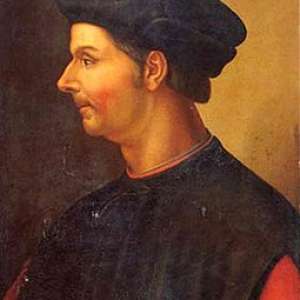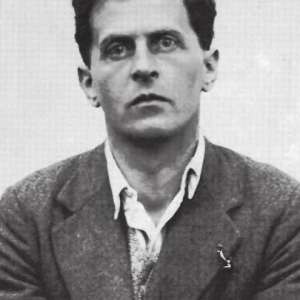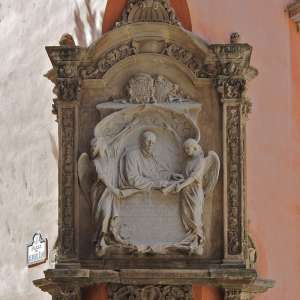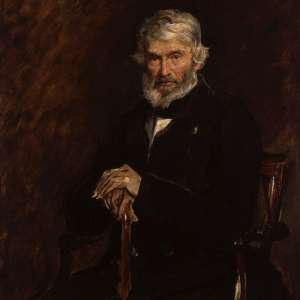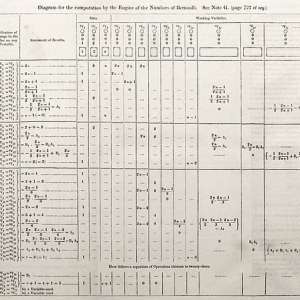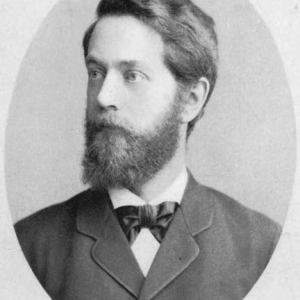
That John Toland is not a household name in Ireland has surely much to do with the influence of the Catholic Church on education. A scholar, philosopher and political activist, he was the Richard Dawkins of the early Enlightenment period, railing against clericalism and superstition with a fiery tongue.
Born in 1670 in Inishowen, Co Donegal, he grew up an Irish-speaking Catholic, and converted to Protestantism at the age of 14, allowing him to attend a secondary school. His first book Christianity Not Mysterious was declared heretical and was publicly burned, leading to Toland’s exile in England and, later, continental Europe.
But Toland was much more than a rabble-rouser and in recent years there has been resurgent interest in his philosophical work. Evidence of this is the publication of a new edition of Toland’s Letters to Serena (Four Courts Press), edited by Ian Leask, a lecturer in philosophy at the Mater Dei Institute, DCU, who argues that Toland is best understood as a “creative Spinozist, or neo-Spinozist”.


